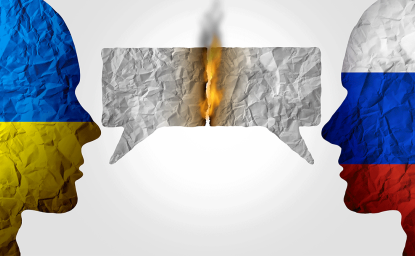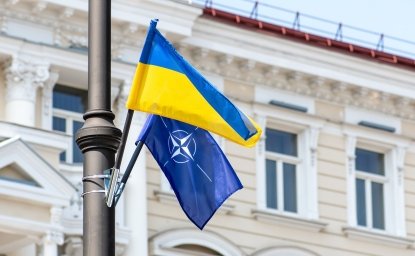The Latest
Justin Trudeau officially stepped down as leader of Canada’s Liberal Party, marking the end of his tenure as Prime Minister. Trudeau’s popularity has waned in recent years due to escalating economic challenges, including soaring housing and food costs, and a series of political setbacks, such as the abrupt resignation of Finance Minister Chrystia Freeland.
With national polls favoring the opposition Conservative Party led by Pierre Poilievre, and a potential no-confidence vote looming in Parliament, Trudeau’s decision appears to preempt a likely electoral defeat. His resignation marks a pivotal moment in Canadian politics, leaving the Liberal Party in a precarious position ahead of a general election expected later this year.
Xavier Delgado, Senior Program Associate with the Wilson Center's Canada Institute, provides analysis of this historic moment in Canadian politics. He covers the internal party turmoil and public calls for new leadership, the uncertainty around a successor, and the Liberal Party’s uphill battle to regain support as they face unfavorable election projections.
-
Transcript
Guest

Research Director, Washington Forum on the Canadian Economy

Canada Institute
The mission of the Wilson Center's Canada Institute is to raise the level of knowledge of Canada in the United States, particularly within the Washington, DC policy community. Research projects, initiatives, podcasts, and publications cover contemporary Canada, US-Canadian relations, North American political economy, and Canada's global role as it intersects with US national interests. Read more

Explore More
Browse Insights & Analysis
Greenland’s New Governing Coalition Signals Consensus

Myanmar’s Junta and the 2026 Elections: A Fig Leaf for Legitimacy?






